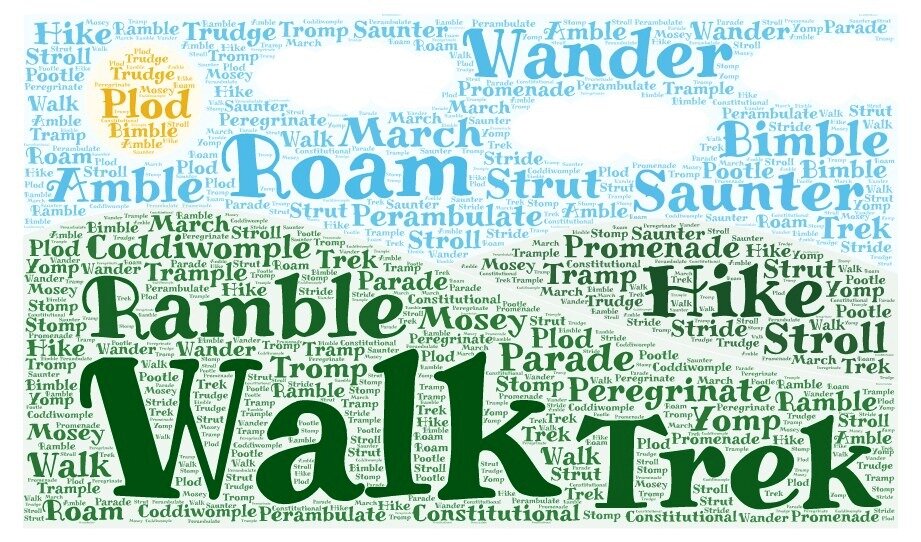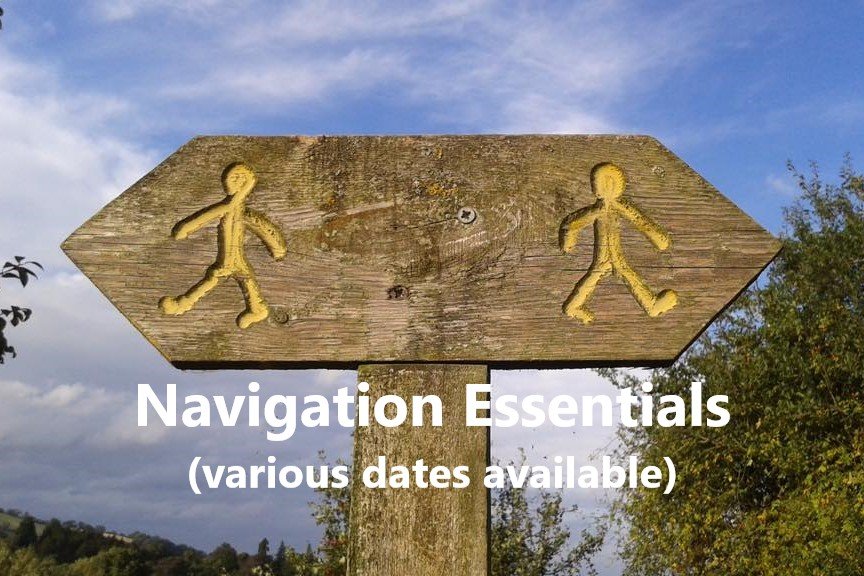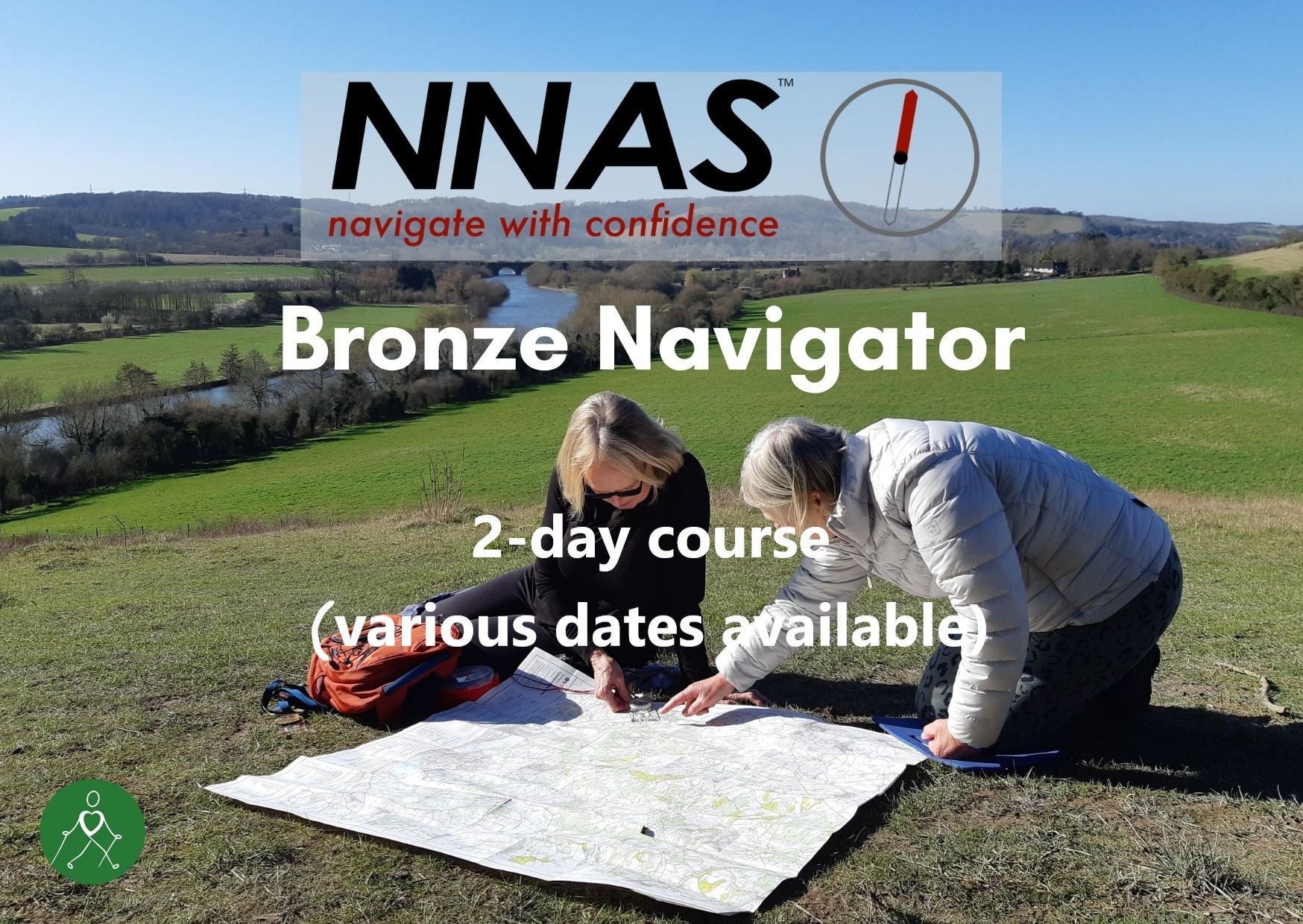A Walk of Words
/For England and St George!
23rd April... St George’s Day, the National Day of England, and the date traditionally observed as the birthday of William Shakespeare, master of our English language (and many words in use today are attributed to him). The date also coincides with the UN English Language Day, a celebration of our national language.
We are all familiar with Shakespeare’s rallying cry for England and St George! (Henry V, Act III, Scene I). But this post is not about Shakespeare or St George; it is a celebration of our rich (and sometimes quirky) English Language, and in particular, the language of walking!
One subject that we sometimes muse upon while out walking is the myriad of words that we have for the very act of taking a walk! Walking, rambling, trekking, hiking, and more... Why do we have so many words for something that we all do – putting one foot in front of the other? And what’s the difference?
Walk: progress by advancing each foot alternatively; never having both feet off the ground at once
So, in celebration of English Language Day, let’s talk the walk, take a stroll and wake up your coddiwomple! If you think that the verb ‘walk’ is rather pedestrian and flat-footed it’s time to put a spring in your step and go promenading with a parade of walking synonyms.
Perambulations or Peregrinations
Walking is the slowest of our natural gaits (the others, in increasing speed, being jog, run and sprint) yet, thanks to our rich language, our Walk of Words conjures up motion images associated with how we walk – slow or fast, aimlessly or with purpose, relaxed or disciplined, etc. Thus, our simple act of walking develops different traits as if becoming characters in one of Shakespeare’s plays.
Let us start by establishing our boundaries with ‘perambulate’.
Perambulate: to walk about or through a place
This word definitely has an air of purpose about it. Historically, before maps become common place, it would be usual make a formal perambulation of one’s estate or parish boundaries in order to establish the bounds. Its origins are Latin - per through and ambulare to walk.
The quick footed among you might have spotted another synonym here
Amble: (ambulate) to walk at a leisurely, relaxed pace
For other leisurely walks we might take a stroll or a saunter.
Some walkers, of course, have a habit of rambling [on and on...]! They simply enjoy wandering or roaming around the countryside sometimes aimlessly for miles, perhaps to some vague destination before returning to where they started.
Ramble: Walk for pleasure, with or without definite route
A good long walk in the countryside, undertaken for pleasure or exercise but with more purpose and vigour than a country ramble, is often referred to as a hike. Walking and hiking are often used interchangeably, with hiking being preferred in American English.
A Trek will take us further on our long, often multi-stage, and sometimes arduous journey. We find the origins of this word in the South African Dutch trekken to travel, often with animals and ox-wagons.
Another word that hints of a long journey on foot is peregrination (from the Latin peregrīnārī to travel)! An unfashionable word in our language today yet one which is far more poetic than the short harsh sounds of hike and trek.
Time to march on and stride purposefully in military procession! The military may be known for their serious yomps, hiking long distances carrying heavy loads, but they are also known to take a bimble - a simple amble but with a little more discipline.
The Art of Walking
Let us now return to a more leisurely stroll or saunter - "It is a great art to saunter” as Henry David Thoreau enlightens us:
I have met with but one or two persons in the course of my life who understood the art of Walking, that is, of taking walks - who had the genius, so to speak, for sauntering: which word is beautifully derived from idle people who roved about the country, in the Middle Ages, and asked for charity, under the pretence of going “à la Sainte Terre”, ‘to the Holy Land’, till the children exclaimed, "There goes a Sainte-Terrer," a Saunterer, a Holy-Lander. ... Some, however, would derive the word from sans terre, without land or a home...
John Muir was also a big fan of sauntering, much preferring it to hiking:
Hiking – I don’t like the word or the thing. People ought to saunter in the mountains – not hike! Do you know the origin of that word ‘saunter’? It’s a beautiful word. Away back in the Middle Ages people used to go on pilgrimages to the Holy Land, and when people in the villages through which they passed asked where they were going, they would reply, ‘A la sainte terre,’ ‘To the Holy Land.’ And they became known as sainte-terre-ers or saunterers. Now these mountains are our Holy Land, and we ought to saunter through them reverently, not ‘hike’ through them.
The Oxford English Dictionary (OED) tells us that the word saunter is of unknown origin yet we often read of associations between sauntering and the Holy Land. Perhaps our rambling ‘Walk of Words’ has developed a saunter in the name of England and St. George!
And finally…
Coddiwomple: to travel in a purposeful manner towards a vague destination
This rather lyrical walking term has only recently wandered onto our vocabulory; it does not, as yet, feature in the OED. However, coddiwomple does rolls off the tongue in a jolly, charming, rambling sort of way; perhaps it is here to say!
Next time you take your daily constitutional amuse yourself with a walk of words and perhaps even make up one or two! Remember:
“Walking is also an ambulation of mind ”





















